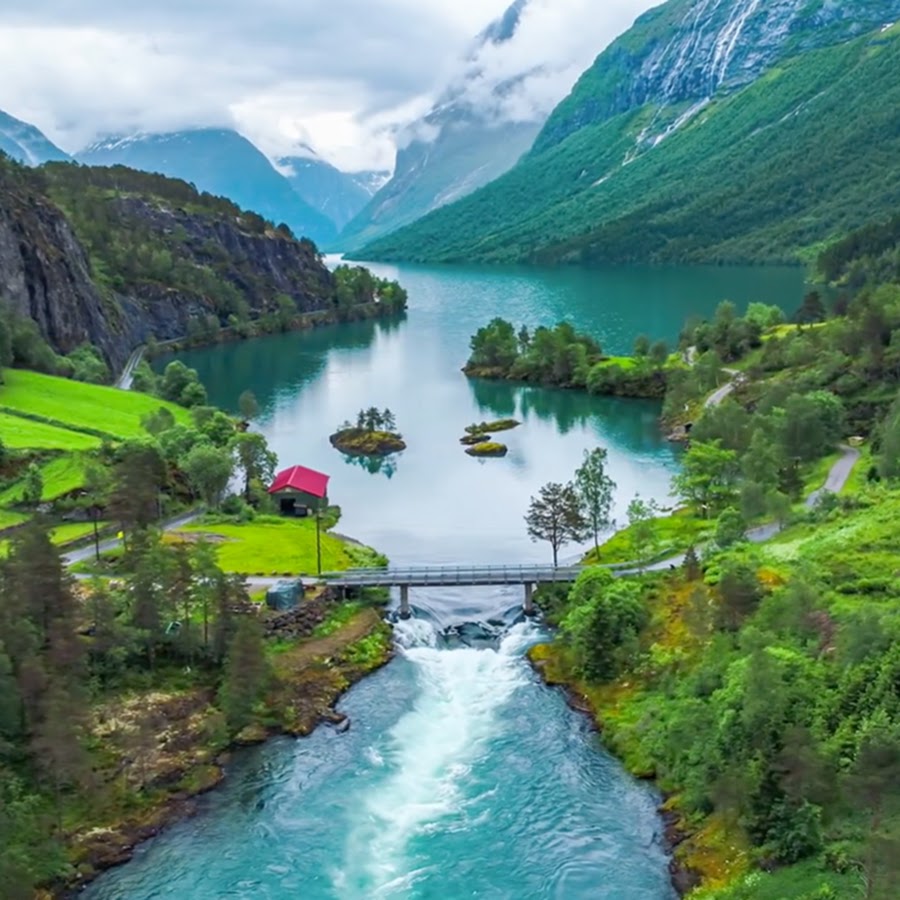Video Player is loading.
180
views •
September 26, 2022
Iran Roiled by Protests Amid Mounting Regional Tension

NTD News
0 Followed
Iran saw several days of violent protests last week, triggered by the death of Mahsa Amini, a 22-year-old woman who died in police custody after being detained for “inappropriate attire.” Dozens have reportedly been killed, including security personnel, in what Iranian state media has described as “foreign-backed riots.”
While American officials voice support for the protesters, Iranian President Ebrahim Raisi has vowed to deal “decisively” with the demonstrations, which, as of Sept. 25, have persisted in several Iranian cities.
Mehmet Koc, a senior expert at the Ankara-based Iranian Studies Center, attributed the protests to “long-simmering resentment over Iran’s mandatory head-scarf practices, which culminated in Mahsa Amini’s death.”
“But it’s possible that external forces hope to capitalize on the crisis,” Koc told The Epoch Times.
Notably, the protests first erupted in earnest on the same day that Iran officially joined the Shanghai Cooperation Organization (SCO), a formidable bloc of Eurasian states led by Russia and China.
Death Sparks Outrage
On Sept. 13, Amini was detained in Tehran for failing to adhere to Iran’s strict Islamic dress code for women. Three days later, while still in police custody, she died in hospital.
While the authorities claim Amini died of sudden heart failure, her family says there is evidence that she suffered physical abuse at the hands of police, which led to her death.
On Sept. 16, thousands of people hit the streets of the capital to protest both Amini’s death and Iran’s conservative restrictions on dress, according to which women must cover their hair and wear loose-fitting clothing.
Despite promises by authorities to investigate the incident, protests rapidly spread to other cities, including Esfahan, Tabriz and Mashhad. In some cases, angry protesters attacked and set on fire police stations and vehicles.
According to recent tallies by official Iranian sources, at least 35 people, including security personnel, have been killed in the unrest. Some independent commentators, however, put the death toll much higher.
Amid reports that Internet access had been cut by the Iranian authorities, the U.S. Treasury Department on Sept. 23 vowed to broaden the range of online services available in the country.
Deputy Treasury Secretary Wally Adeyemo said the Washington was “redoubling its support for the free flow of information to the Iranian people.”
The same day saw large counter-demonstrations in several Iranian cities, in which protesters defended Islamic cultural norms, voiced support for the government, and blamed the unrest on “foreign enemies.”
In televised comments, Iranian Interior Minister Ahmad Vahidi asserted that the anti-government protests were “not related to Ms. Amini at all” and that her death was being exploited by “organized groups” seeking to “wreak havoc in the country.”
Geopolitical Realignments
Amini died and the protests began on Sept. 16, the same day that Iran joined the SCO at a watershed summit in the Uzbek city of Samarkand.
Attended by leaders of major Eurasian states, including Russia and China, the SCO summit in Samarkand was widely perceived as a direct challenge to western influence in the region.
Currently the world’s largest regional bloc, the SCO was originally founded by Moscow and Beijing in 2001 to serve as a bulwark against perceived U.S. global hegemony.
Speaking to fellow Eurasian leaders at the summit, Russian President Vladimir Putin hailed the emergence of “new centers of power” able to stand up to western influence.
Koc believes that Iran, long the target of U.S. sanctions, will benefit from its membership in the organization.
“Firstly, it will serve to offset Washington’s efforts to isolate Iran internationally,” he said. “It will also strengthen the country’s ability to deal with the effects of US sanctions.”
SCO membership is also expected to cement ties between Iran and Russia, both of which firmly support Syria’s Bashar al-Assad government.
Notably, on Sept. 23, officials in Kyiv announced plans to downgrade Ukraine’s di
Show All 
Comment 0











